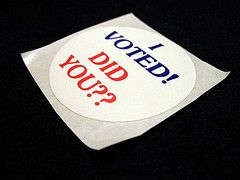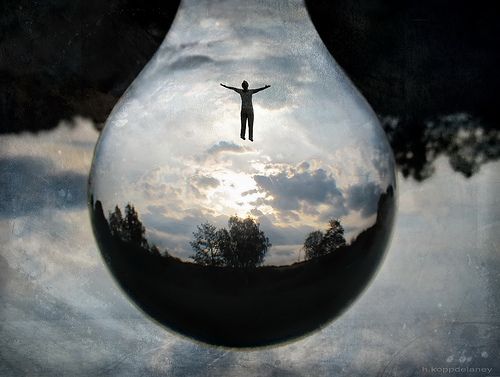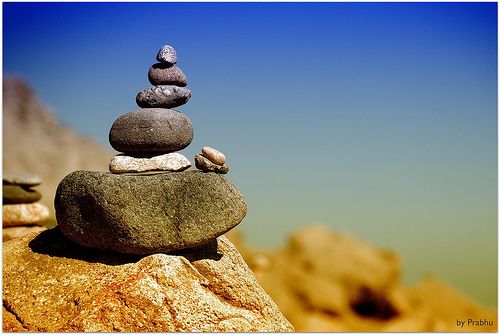
Last post I talked about having mixed feelings about donating money to charity. Society’s prevailing attitude is that giving money is always helpful, and is always motivated by genuine altruism. I’m not so sure about either, and I know I’m not alone.
My suggestion for people who feel that way was to find a cause you can give to with your whole heart, without reservations. I hinted that I had found such a cause to give to, one that doesn’t make me feel condescending, or unsure of whether I’m actually helping.
It actually isn’t a charity. It’s a non-profit that facilitates small loans to small-time entrepreneurs around the world. Teresa needs $750 to properly stock her general store in Paraguay. Sergio, a furniture maker in Mexico, needs $425 to buy a reserve of wood so he can fill more orders.
These are independent entrepreneurs who probably wouldn’t otherwise have had access to any kind of financing. With a small loan, a hardworking individual can get a business off the ground, or help it become profitable.
The organization is called Kiva and I’m sure many of you have heard of it by now. Rather than donating money, you lend. You choose an entrepreneur, read their story and their business goals, and send them a no-interest loan, as little as $25. Nearly 99% of the loans will be repaid to you, usually within a year. You can then use that money to loan to another entrepreneur, donate to Kiva’s operating costs, or even cash it out and walk away with it.
By lending, rather than donating, you can help to create a self-sustaining source of income for these people. It builds economies and empowers people to support themselves, rather than depend on aid.
The three primary values Kiva is trying to promote are:
Dignity — by creating an equal-ground, partnership-type relationship between you and the person you lend to, rather than a downward, benefactor-type relationship. This promotes dignity on both sides.
Accountability — Because repayment is expected, these loans create accountability where a donation would not. Each borrower enters the relationship with the expectation of the recipient becoming self-sustaining financially.
Transparency — Kiva prides itself on being open about its operations and the financial transactions involved in an attempt to avoid some of the cloudiness people perceive in some traditional charitable organizations.
This article was supposed to wrap up around here, with an earnest appeal to lend through Kiva if you are feeling weary or ambivalent about traditional charities. But I did a bit of research, and although Kiva advocates transparency, it might not be quite what it appears at first. I want to make sure all the cards are on the table, so that people can contribute without reservations. Read More









 I'm David, and Raptitude is a blog about getting better at being human -- things we can do to improve our lives today.
I'm David, and Raptitude is a blog about getting better at being human -- things we can do to improve our lives today.
It all pretty the opposite if you're not in the US :) Since 2022 I've changed 3 countries and I'm planning to emigrate to the fourth one. I've had so much novelty and so many things to adapt to. However, time had never run so fast for me as in 2022...